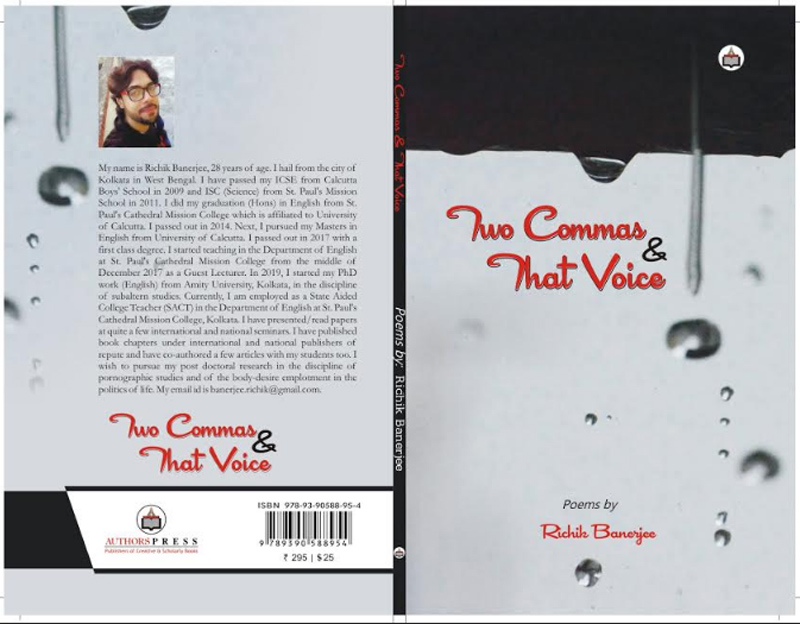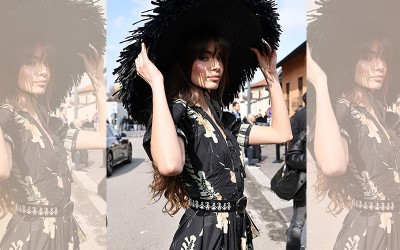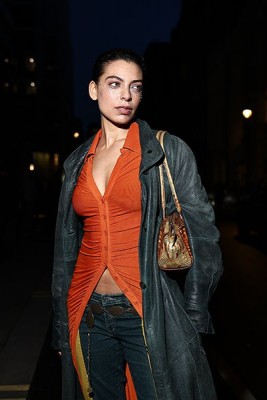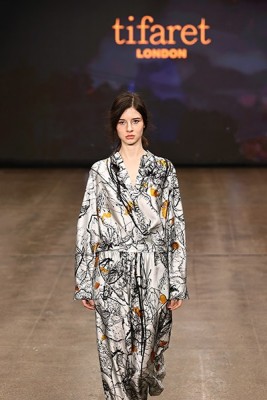 Literature
Literature
Book Review: Richik Banerjee talks about the sandwiched voiced in his anthology of poems
“Poetry is what?
What is poetry?
Yes. Yes.
No. No.
Poem is that.
That is poem.”
The “Yes” and “No”, which is how Richik Banerjee delineates the canvas of his anthology, ‘Two Commas and that Voice’ (published by Authorspress, New Delhi).
He embraces poetry as it is, in its simplest form, without any restrictions of rhythms or lofty styles or extravagant words.
The title is apt as it is describing the sentence between two commas, the sandwiched voice.
If we omit that part of the sentence, the remaining part will be perfect and grammatically correct just like the pure and civil ‘bhadralok samaj’.
But we cannot ignore the power of the cut-out part; it enhances the beauty of the whole sentence, as it emphasizes and takes us to the deep-delved reality.
The writer gives expression to that sandwiched voice to portray the stark reality.
He portrays it on a different note, in an iconoclastic one.
Richik Banerjee hails from Kolkata and is a professor in English at St. Paul’s Cathedral Mission College in the city.
He is pursuing his Ph.D. from Amity University with his interest focussed on Subaltern Studies.
He wants to do further research based on Pornographic studies.
This anthology offers the merit of life from an alternative lens.
The book begins with the onomatopoeic words “Tick Tick Tick Tick” and such words lurk throughout the whole creation.
It shows the uncanny feeling of the poetic mind, the uneasiness to portray poetry as it is.
Such other sounds like “I, I, I:”, “Aatma! Aatma! Aatma!” etc., form the heart of the poetry.
The words “Tomorrow and tomorrow and tomorrow” lead us towards the stage set up of “Macbeth” but the illusion breaks with “Yellow urine and a red cut”.
One may see the shadow of Eliot.
Yes, he creates the illusion and then finally breaks it with reality.
My favourite part is his description of Mother in the poem “Maa!” where he uses the phrases like “severed night gown”, “insomniac bras”, “marks of chicken pox”, yes, and this is what our mother is!
He mingles Becket with Master da; he uses the song “Chikni Chameli...” just after that he sends “icy Ginsberg” to “Lethe”.
Simply, he plays with words, with images and with poetry, and of course, with the stereotypical society.
So, if you want the mixture of sensory association of ideas with the cognitive dissociation of sensibilities, then just go for it.
(Reviewed by Deblina Hazra)
Support Our Journalism
We cannot do without you.. your contribution supports unbiased journalism
IBNS is not driven by any ism- not wokeism, not racism, not skewed secularism, not hyper right-wing or left liberal ideals, nor by any hardline religious beliefs or hyper nationalism. We want to serve you good old objective news, as they are. We do not judge or preach. We let people decide for themselves. We only try to present factual and well-sourced news.







